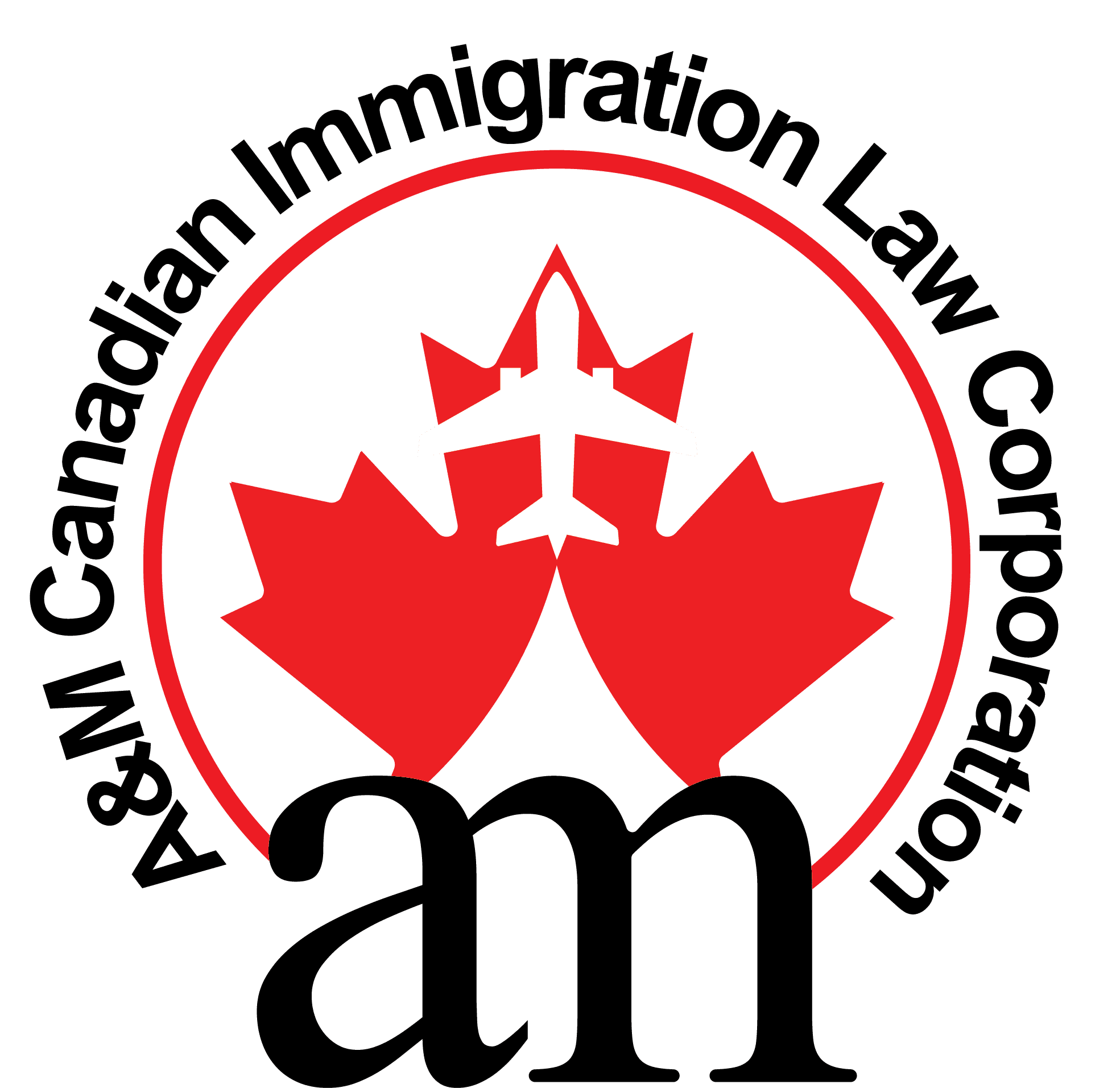Immigration Refusal
A&M Canadian Immigration Law Corporation
Immigration Refusal
Immigrating to Canada is a
life-changing journey, but the process is not always smooth. One of the most
difficult setbacks an applicant can face is immigration refusal. A
refusal does not only mean a lost opportunity; it can also create long-term
consequences for future applications if not handled correctly.
A refusal occurs when
Immigration, Refugees and Citizenship Canada (IRCC) or a Provincial Nominee
Program (PNP), such as the MPNP, reviews an application and makes a final
negative decision. Unlike a Procedural Fairness Letter (PFL), which
gives applicants a chance to explain or add documents, a refusal means the
application has already been denied.
When an application is
refused, the officer provides written reasons for the decision. These reasons
are critical, as they determine your next steps whether to appeal, request
reconsideration, or reapply.
Why do applicants get
Refusals?
There are many possible
reasons for refusal, depending on the type of immigration application. Some of
the most common include:
Incomplete or Incorrect
Applications
Missing documents, unsigned
forms, or incorrect information often result in refusal. Even small details,
such as inconsistent dates in work history or an outdated police clearance, can
cause problems.
Ineligibility for the
Program
Every immigration program
has strict eligibility requirements. For example, in Express Entry you need
minimum scores in language tests and specific work experience. In MPNP, you
must show strong ties to Manitoba and genuine intent to settle. If you cannot
meet these requirements, refusal is likely.
Misrepresentation
If an officer believes false
or misleading information has been provided, even unintentionally, the
application can be refused. Misrepresentation is serious and often comes with a five-year ban from reapplying.
Financial Insufficiency
Applicants must prove they can support themselves and their families. If proof of funds is missing, insufficient, or unverifiable, refusal follows.
Medical or Security
Inadmissibility
Failure to pass medical
exams, or security concerns raised during background checks, can result in
refusal.
Lack of Genuine
Relationship (for Sponsorships)
In family sponsorship cases, doubts about the authenticity of a relationship often lead to refusal if evidence is weak.
Possible Solutions After
Refusal
A refusal is not always the
end of your Canadian immigration journey. Depending on your situation, several
solutions may be available:
Reapply With Stronger
Documentation
If the refusal was due to
incomplete documents or missing evidence, you may be able to reapply with a
stronger application. For example, an MPNP candidate refused for weak proof of
employment could resubmit with pay stubs, tax documents, and a more detailed
reference letter.
Request Reconsideration
In rare cases, if the
refusal is based on an error by the officer (e.g., overlooking a document that
was submitted), you may request reconsideration. This must be carefully argued
and supported by proof.
File an Appeal
Some refusals, such as
family sponsorships, can be appealed. An appeal allows you to present new
evidence and argue your case before a tribunal.
Judicial Review at
Federal Court
If no appeal rights are available, you may challenge the refusal through a judicial review at the Federal Court of Canada. This process reviews whether the officer’s decision was reasonable and followed the law.
Explore Alternative
Pathways
Sometimes, it may be better to pursue a different immigration stream. For example, if your MPNP Skilled Worker application was refused due to weak settlement ties, you might consider applying through Express Entry or another provincial program that better matches your profile.
How to Avoid Refusals
While some factors are
beyond your control, many refusals can be prevented with preparation and
guidance. Here are key strategies:
Submit a Complete,
Accurate Application
Ensure all forms are
properly filled, signed, and dated. Cross-check employment dates, education
details, and travel history for consistency.
Provide Strong Supporting
Evidence
Generic or weak documents
are a common cause of refusal. Employment letters should include job duties,
salary, and contact information. Sponsorship applications should include
financial records, photos, communication logs, and affidavits.
Be Transparent and Honest
Never hide past visa
refusals, criminal records, or overstays in another country. Misrepresentation
is far worse than disclosure, even if the issue seems minor.
Seek Professional
Guidance
Immigration law is complex. Working with an experienced immigration lawyer ensures your application is reviewed for accuracy and compliance before submission.
MPNP Refusal
The Manitoba Provincial
Nominee Program (MPNP) is one of Canada’s most popular provincial
immigration programs, but it also has strict rules. Many applicants face
refusals under MPNP for reasons such as:
Weak Ties to Manitoba: If you cannot prove you genuinely intend to settle
in Manitoba, officers may refuse your application. For example, having most of
your family in another province raises red flags.
Employment Concerns: If your job offer does not align with Manitoba’s
in-demand occupations list, or if the employer’s legitimacy is in question,
refusal is likely.
Study-to-Work Gaps: International graduates who take jobs outside their
field of study, or with employers that do not meet program requirements, may
face refusals.
Document Inconsistencies: If employment reference letters, pay stubs, or tax
documents do not match, officers may refuse the case for credibility concerns.
Example: A graduate from Winnipeg applied under MPNP’s Career
Employment Pathway but was refused because their employer was not on the
approved list and their job duties did not match Manitoba’s in-demand
occupations. With legal assistance, they later reapplied under a different
stream and succeeded.
This shows why understanding program requirements and preparing strong documentation is critical to avoid MPNP refusals.
An immigration refusal can feel like the end of the road, but it doesn’t have to be. By understanding why refusals happen, exploring available solutions, and preparing thoroughly, you can turn a setback into a new opportunity. Whether your refusal was due to incomplete documents, program ineligibility, or issues under the MPNP, professional guidance can make all the difference.
If your Canadian immigration
application has been refused, do not lose hope. Time limits for appeals and
judicial reviews are strict, and every case requires a tailored strategy. At A&M
Canadian Immigration Law Corporation, we have successfully helped
applicants overturn refusals, reapply with stronger evidence, and explore new
pathways to Canada.
Book a consultation with
us today to get a personalized case
assessment and the expert guidance you need to protect your Canadian dream.
Frequently Asked Questions
Yes, but it is highly recommended to seek professional assistance. PFLs are serious, and an inadequate response often leads to refusal. Immigration lawyers can prepare a strong case by referencing law, policy, and past decisions.






